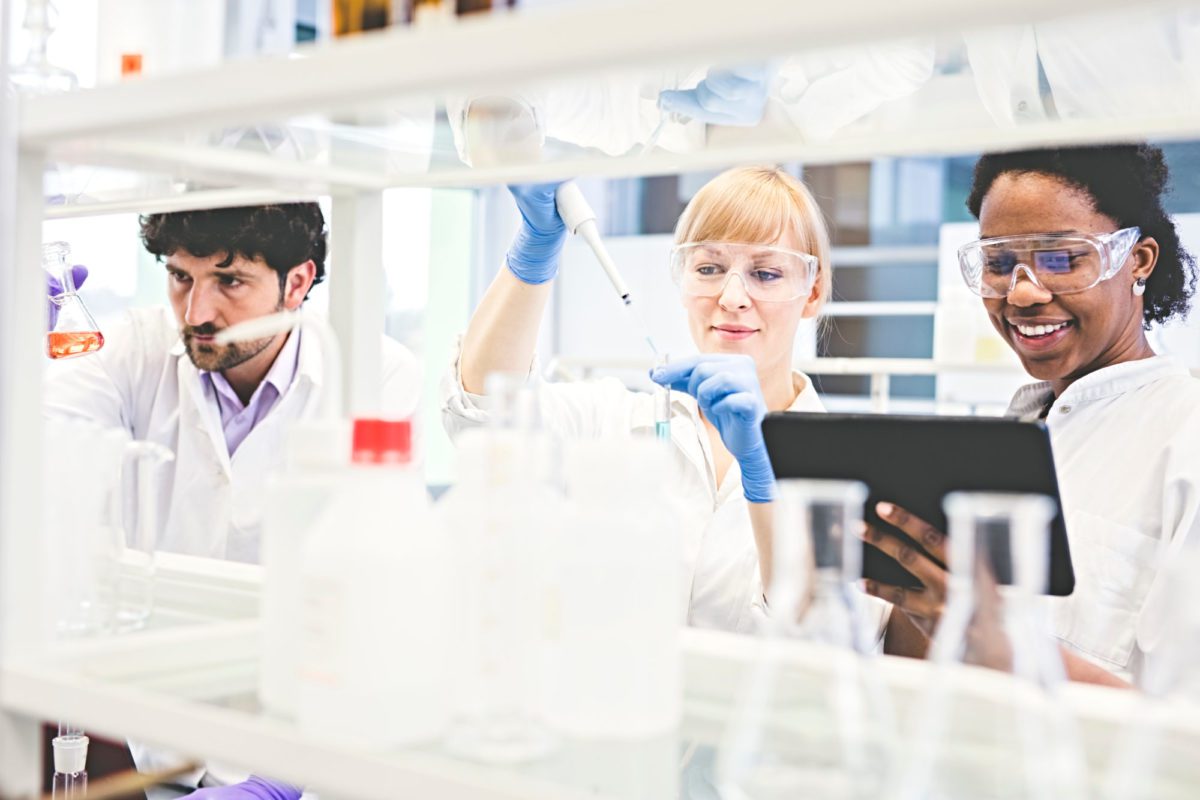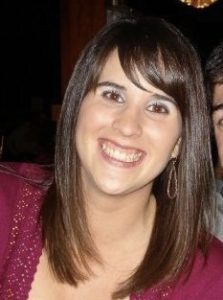
Directly after getting a bachelor’s degree in medical microbiology and immunology from the University of Wisconsin–Madison, Emily Leibold debated between pharmacy school and medical school but couldn’t quite commit to either. Then she found UW-Madison’s Certificate in Cytotechnology program. After just one year, she landed a job as a cytotechnologist with UW Hospital and Clinics in her favorite town.

“I came to Madison for college in 2008 and fell in love. I am proud to be a UW alumna,” Leibold says. “It was very important for me to stay in the city after I got my undergraduate degree, and the Cytotechnology Program was obviously topnotch, so I knew it would be a great learning experience.”
The Cytotechnology Program is an accelerated certification in the study of cells, leading to jobs at hospitals, clinics, research institutes, and private laboratories. Cytotechnologists study cell morphological changes to help doctors make important patient care decisions. As diagnostic specialists, they are on the front lines of detecting cancer in its earliest and potentially most curable stage.
Stellar teaching, exciting field of study
Cytotechnology Program instructors are leaders in the field and a great support for students.
“Over the year, our instructors became friends and mentors,” Leibold says. “They were effective teachers because they had experience as cytotechnologists and could share real-life insight into what this career had in store for us.”
The 12-month Cytotechnology Program begins in August. During eight-hour days, Mondays through Fridays, students take courses in human anatomy, histology, physiology, and pathology. They practice with clinical specimens in a lab at the Wisconsin State Laboratory of Hygiene, racking up thousands of hours at the microscope. Students rotate through clinical settings to gain experience in advanced lab procedures, quality assurance, and cytogenetics.
“I would recommend this program to anyone who is interested in pathology, loves a good puzzle, and wants to be an indirect member of the patient care team,” Leibold says. “Cytology is a diverse field of study and can be a stepping stone to all sorts of lab careers.”
Check out more information on UW–Madison’s Cytotechnology Program.